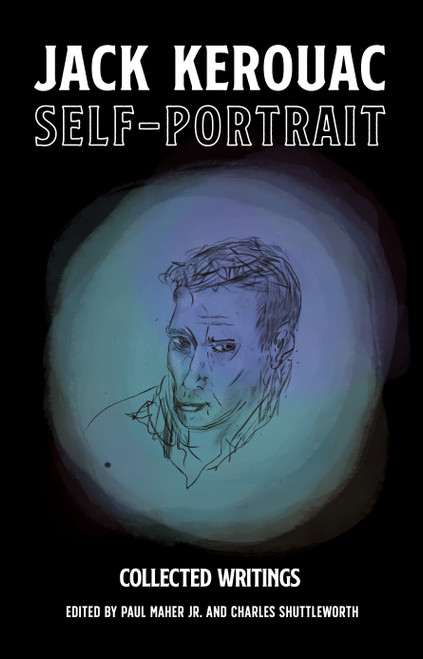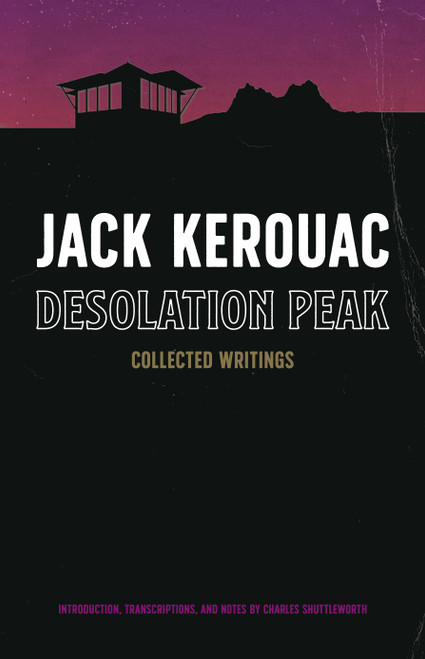A brand new volume of previously unpublished writings from the archives reflecting Jack Kerouac’s Buddhist thinking
Orders include a hand-numbered Certificate of Authenticity (COA) signed by Jim Sampas, Literary Executor of the Jack Kerouac Estate.
From a young age Kerouac was a spiritual thinker and questioner, and he always considered himself a spiritual writer. Buddhism gave more meaning to Jack’s work as a writer: he was working not for personal accomplishment and glory but for human betterment. And Buddhism justified his lifestyle: with its vision of the material world as empty and illusory, he was free to do what he wanted.
This collection shows Jack at his earnest, soulful best. The writing is consistently and wonderfully Kerouacian: it is honest, reflective, heartfelt, and revealing, with great characterizations amid his self-exploration as he wrestles with his consciousness, desperate for belief.
About the Author
Jack Kerouac was born in Lowell, Massachusetts, in 1922, the youngest of three children in a Franco-American family. He attended local Catholic and public schools and won a scholarship to Columbia University in New York City, where he first met Neal Cassady, Allen Ginsberg, and William S. Burroughs. His first novel, The Town and the City, appeared in 1950, but it was On the Road, published in 1957 and memorializing his adventures with Neal Cassady, that epitomized to the world what became known as the “Beat generation” and made Kerouac one of the most best-known writers of his time. Publication of many other books followed, among them The Dharma Bums, The Subterraneans, and Big Sur. Kerouac considered all of his autobiographical fiction to be part of “one vast book,” The Duluoz Legend. He died in St. Petersburg, Florida, in 1969, at the age of forty-seven.
Charles Shuttleworth is senior editor of Sal Paradise Press. As such, he edited Desolation Peak, published in 2022, which consists of Kerouac’s writing during his two-month stint as a fire lookout for the US Forest Service in the North Cascades in 1956, as well as Self-Portrait (co-edited with Paul Maher, Jr.), a blend of fiction and nonfiction spanning Kerouac’s entire adult life, from a journal written at age seventeen to autobiographical reflections a few years before his death, chosen for the consistent high quality of the writing as well as the personal revelations they contain. Shuttleworth has been teaching classes on Jack Kerouac and the Beat Generation for the past thirty years, currently at the Harker School in San Jose, California.










![Desolation Peak: Collected Writings by Jack Kerouac [e-book] Desolation Peak: Collected Writings by Jack Kerouac [e-book]](https://cdn11.bigcommerce.com/s-mgusnzjr16/images/stencil/500x659/products/647/1519/9781644282861_FC__35372.1748646185.jpg?c=1)
